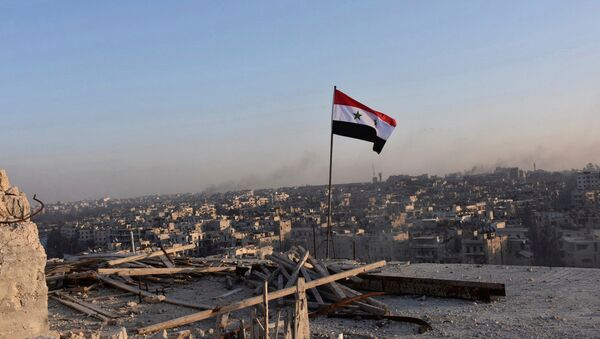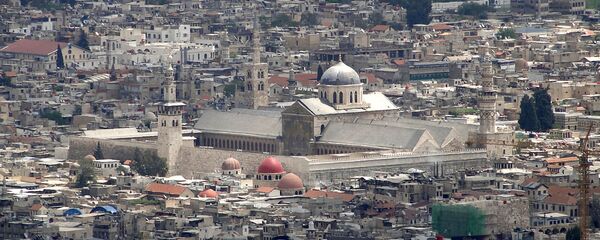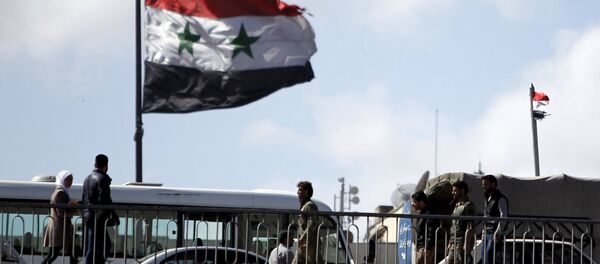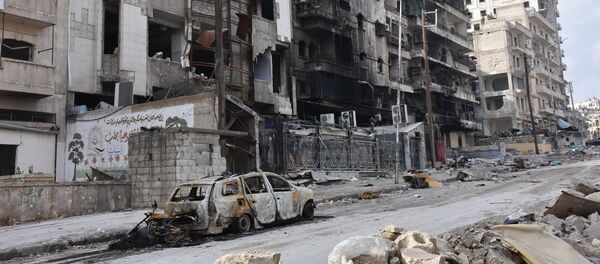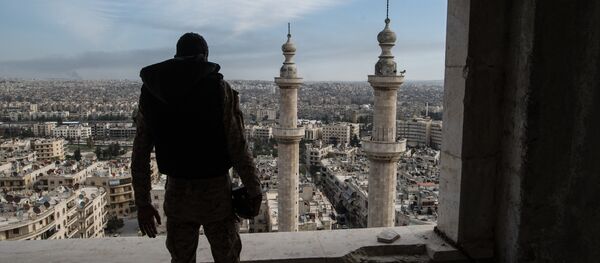"Such a deal, which would allow regional autonomy within a federal structure controlled by Assad's Alawite sect, is in its infancy, subject to change and would need the buy-in of Assad and the rebels and, eventually, the Gulf states and the United States," the report read.
According to Sezer, the agreements cannot result in dividing Syria into zones of influence since Russia, Turkey and Iran abide by Resolution 2254 by the UN Security Council, according to which the Syrian territorial integrity must be preserved.
Moreover, Russian officials have repeatedly reaffirmed Moscow’s commitment to preserving the territorial integrity of Syria.
"Neither Turkey nor Russia does not want Syria to be divided. In the long-run Turkey will have to cooperate with Russia on Syria. This is the opinion of the Turkish government and of the Turkish people," Sezer told RIA Novosti.
The expert also noted that despite Ankara’s ongoing calls to oust Assad its actual stance on the issue is not that hardline as it was before.
"The Kurdish Democratic Union Party (PYD) is a more serious threat to Turkey than Bashar Assad. Ankara can agree on a transition period under Assad. But in the long-run he must leave. This is what Turkey wants," the expert said, adding that Russia and Iran has a different view of the situation.
Sezer underscored that the current ceasefire cannot be comprehensive since it involves only the so-called moderate opposition. There are various radical forces across Syria who did not join the deal.
The analyst underscored that Russia and Turkey managed to work out a compromised approach to armed groups operating across Syria.
"Turkey labelled al-Nusra Front as a terrorist group. Ankara also plays the role of a mediator between Moscow and Syrian moderate opposition groups. One of the main issues is the Kurdish People’s Protection Units (YPG). Russia doesn’t consider the group terrorist. However, the Turkish military operation in northern Syria is aimed not only against Daesh but also against YPG. But Moscow doesn’t meddle in the situation," Sezer pointed out.
According to the analyst, there will be no unsolvable problems between Russia and Turkey on the Syrian settlement because the main goal of the two countries is "peace and Syria’s territorial integrity."
He also pointed to Turkey's decision to join the fight against Daesh and al-Nusra Front as a crucial step to reach the agreements.
"It's extremely important that Turkey has agreed to join the fight against Daesh and al-Nusra Front. […] If Turkey is able to convince all armed opposition groups to join the ceasefire, while Russia and Iran make similar guarantees… If these joint guarantees work, then this will be a milestone [in resolving the Syrian crisis]. But all of the above doesn’t mean that Syria will be torn apart. We will not agree on that," Naumkin told RIA Novosti.

